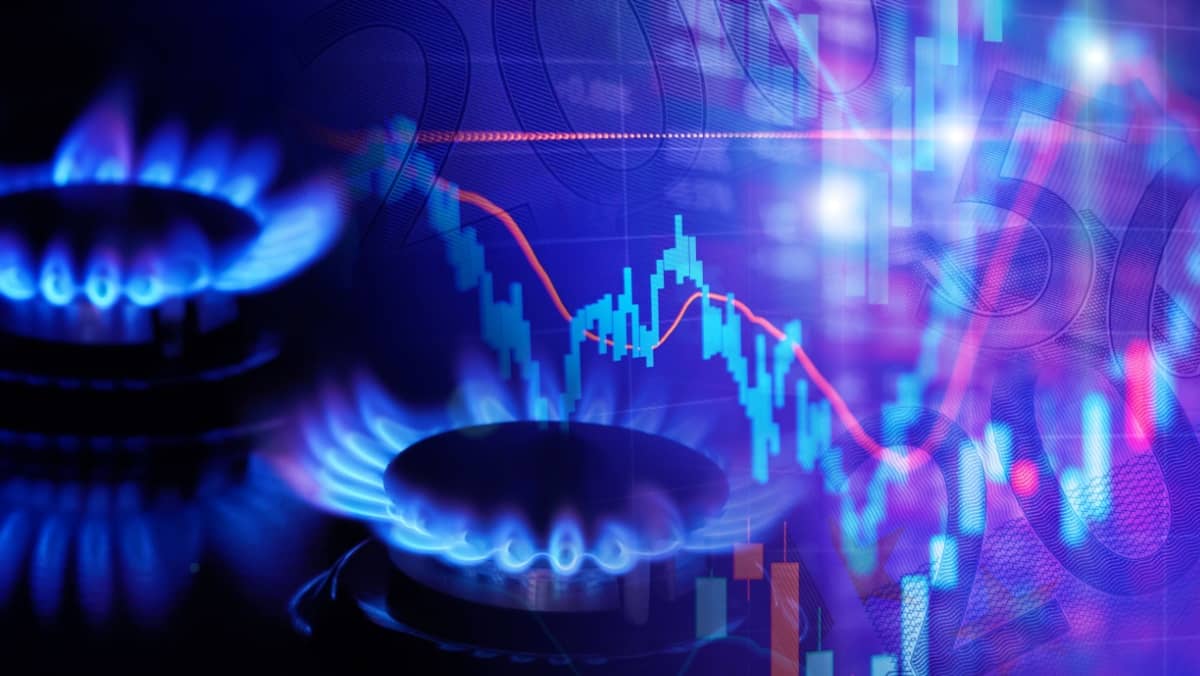
Monday Mar 18 2024 02:54

9 min

Propane, a versatile and clean-burning fuel, has become an increasingly popular commodity in the global energy market. Understanding the factors influencing propane prices is crucial for making informed trading decisions as a commodity trader.
In this article, we'll delve into propane trading, explore the current market trends, and provide valuable tips for commodity traders looking to capitalize on the heating propane prices.
Propane is a byproduct of natural gas processing and crude oil refining, making it an abundant and readily available fuel source. It is widely used for residential heating and cooking and as a fuel for vehicles and industrial equipment.
The propane industry is expected to experience steady growth in the upcoming years, backed by the expanding demand from emerging economies and the rising preference towards sustainable and eco-friendly energy sources.
This trend is a testament to the increasing awareness and commitment towards mitigating the effects of climate change and promoting a cleaner, healthier environment for future generations.
Check out this suggested article: Environmental Commodities - How Do We Trade Them
As the propane prices become volatile, several factors influence propane prices in the commodities market. These include:

In recent times, market forces have caused significant fluctuations in propane prices. One of the major factors contributing to this volatility is the COVID-19 pandemic, which has led to a sharp decline in demand for propane due to the slowdown in economic activities worldwide. The demand reduction has resulted in an oversupply of propane, causing prices to drop.
However, with the gradual recovery of economies worldwide and the resumption of economic activities, there are signs of a rebound in demand for propane.
As a result, propane prices are expected to stabilize and potentially rise as demand increases and supply falls in line with market demand. This trend will likely continue as the global economy recovers from the pandemic-induced slowdown, leading to a more stable and predictable market for propane prices in the coming months.
The increasing focus on clean energy and shifting away from traditional fossil fuels will also likely impact the propane market. While this transition may present challenges, it also offers opportunities for traders who can adapt to the changing landscape.
This article may pique your interest: 5 Investments With High Appreciation Potential
Give this article a read: How Do Commodity CFD Markets Work?

As the world continues to grapple with the challenges of climate change and the need for cleaner energy sources, the propane market will likely undergo significant changes in the coming years.
Governments and organizations worldwide are increasingly promoting adopting renewable energy, which may impact the demand for traditional fossil fuels like propane.
However, propane's versatility and clean-burning properties make it a viable transitional fuel for a more sustainable energy future. Propane can be crucial in reducing greenhouse gas emissions and improving air quality, especially in developing countries with limited access to clean energy.
For commodity traders, staying ahead of these trends and adapting to the changing market dynamics will be crucial to success. Employing sound trading strategies, traders can capitalize on the opportunities presented by heating propane prices.
You might also like to read: Types Of Commodities And Their Role In A Diversified Portfolio
Trading propane in the commodities market can be profitable for those who have a thorough understanding of the market forces involved and employ effective trading strategies.
By closely monitoring the supply and demand, staying updated with global events, recognizing seasonal patterns, and managing risk, you can skillfully navigate the volatile propane market and gain from fluctuating prices.
Stay adaptable and informed with the proper knowledge, tools, and strategies. Propane trading can be a rewarding addition to your investment portfolio.
Ready to trade with markets.com? Creating an account is easy!
“When considering “CFDs” for trading and price predictions, remember that trading CFDs involves a significant risk and could result in capital loss. Past performance is not indicative of any future results. This information is provided for informative purposes only and should not be considered investment advice.”
